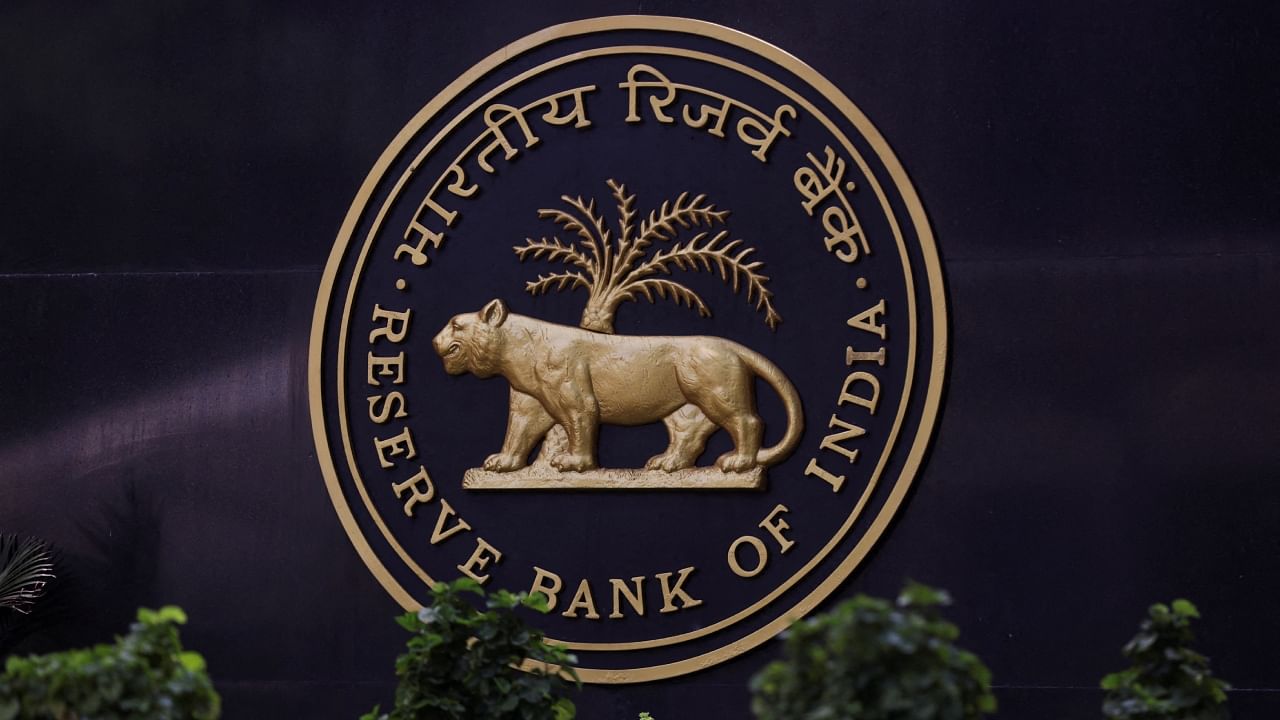
Members of the Monetary Policy Committee (MPC) of the Reserve Bank of India (RBI) met last month and unanimously decided to keep the repo rate unchanged, but their views on India's growth prospects differ, the recently released minutes of the meeting indicate.
While the internal members of the MPC appeared to be optimistic about India's growth prospects, all external members flagged the risk of slowing economic growth in their statements.
RBI Governor Shaktikanta Das, one of the three internal members of the MPC, stated that "domestic growth impulses remained buoyant in Q4: 2022-23," something that was echoed by the other two internal members, RBI Deputy Governor M D Patra and Executive Director Rajiv Ranjan.
Patra, for his part, highlighted that the "momentum of economic activity in India" was "broadening", adding, "The underlying price build-up indicates that demand pressures remain strong, especially for contact-intensive services."
Ranjan, too, was optimistic: "New incoming information suggests that the growth outlook for 2023-24 has improved with investment revival likely to become more entrenched along with a lesser drag from external demand," he said.
On the other hand, the three external members appeared more concerned about India's growth prospects, with Ashima Goyal flagging "signs of slowdown in some high-frequency data."
"Softening non-oil non-gold imports point to weakness in domestic demand; slowing exports are affecting manufacturing; rising loan rates are reducing demand for low income housing," she added.
Another external member, Jayanth Varma, cautioned that early warning signs of a possible economic slowdown had become more visible than they were in February, saying, "In the current situation of high inflation, monetary policy does not have the luxury of responding to these growth headwinds."
The third external member, Shashanka Bhide, said that India's economic performance pointed to uneven growth across production sectors, and highlighted that growth appeared to be subdued in the more recent quarters of FY23.
"The key concern on the growth front in the immediate future is the drag caused by the weak external demand conditions. The impact of any adverse weather conditions on Indian agriculture provides additional downside risk to the growth trajectory," he cautioned.